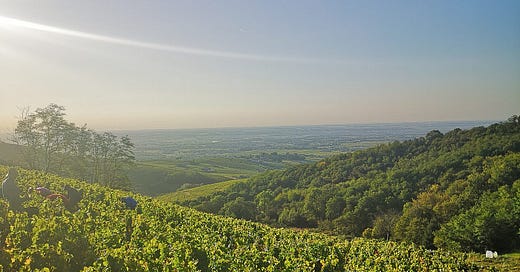Blue Zones Suggest You Should Drink Natural Wine to Live to 100. Here’s Everything You Need to Know About It
From someone who specialises in the stuff
Keep reading with a 7-day free trial
Subscribe to This much I know to keep reading this post and get 7 days of free access to the full post archives.





